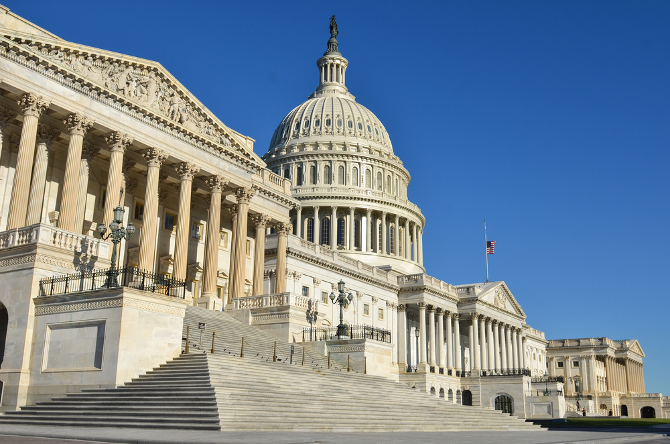Streamlining Energy Efficiency for Schools

Streamlining Energy Efficiency for Schools
Alliance to Save Energy Honorary Vice-Chairs Senator Susan Collins (R-Me.) and Senator Mark Warner (D-Va.) introduced an amendment to the Keystone XL Pipeline Bill which would help streamline available federal energy efficiency programs and financing to help improve efficiency and lower energy costs for our nation’s schools.
The Collins-Warner amendment aims to help allow school officials to more easily learn what federal incentives are available to promote efficiency in schools and to learn about other schools' efforts to save energy and lower energy costs. This legislation would simplify the scope of existing federal energy efficiency programs available to schools, and provide clearer guidance on financing options.
Key Provisions
The Streamlining Energy Efficiency for Schools Amendment would not only encourage schools to be more energy efficient, but it would also help school districts cut costs and ensure that funds are available for more useful and educational purposes.
- K-12 school districts currently spend billions on their energy bills each year, and although there are a variety of programs to help reduce costs, it is difficult for school administrators to navigate all of their options.
- By improving the effectiveness and awareness of federal energy efficiency programs for schools, this legislation would afford school officials the ability to reduce energy waste and realize the economic and environmental benefits of energy efficiency.
Summary
- Restructures existing energy retrofit resources offered to schools by designating the Department of Energy’s Office of Energy Efficiency and Renewable Energy (EERE) as the lead agency for coordinating programs and disseminating information.
- After reviewing all relevant standing programs and financing mechanisms offered by federal agencies, EERE would coordinate educational and outreach efforts to promote available federal opportunities for assistance.
- EERE would be authorized to afford technical assistance to states, local educational agencies, and schools to help develop and finance energy efficiency projects. EERE would also be required to cultivate and maintain an online database for relevant technical assistance and support staff.
- Schools that successfully implement energy retrofit projects would be recognized for their achievements. EERE would be directed to submit an implementation plan within 180 days of enactment.
Impacts
This provision is estimated to produce net annual savings of $2.21 billion and avoid 15.5 million metric tons (MMT) of annual CO2 emissions by 2030. It is also estimated to have no cost to the federal government.
A previous version of the bill was referred to the Senate Energy and Natural Resources Committee in the 113th Congress.
STAY EMPOWERED
Help the Alliance advocate for policies to use energy more efficiently – supporting job creation, reduced emissions, and lower costs. Contact your member of Congress.
Energy efficiency is smart, nonpartisan, and practical. So are we. Our strength comes from an unparalleled group of Alliance Associates working collaboratively under the Alliance umbrella to pave the way for energy efficiency gains.
The power of efficiency is in your hands. Supporting the Alliance means supporting a vision for using energy more productively to achieve economic growth, a cleaner environment, and greater energy security, affordability, and reliability.



